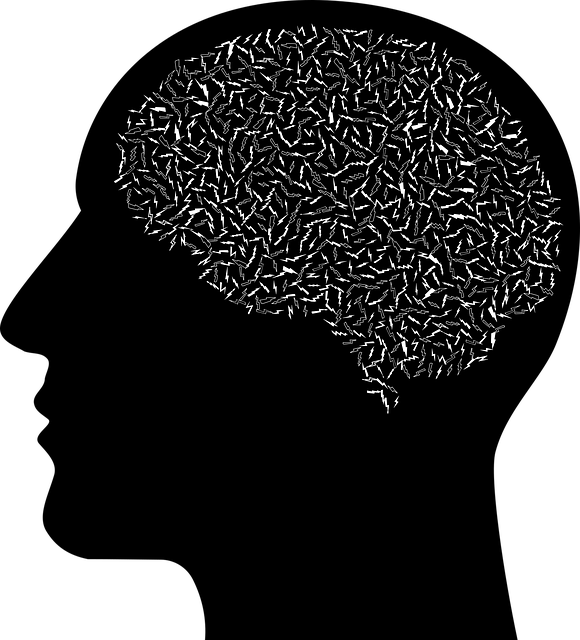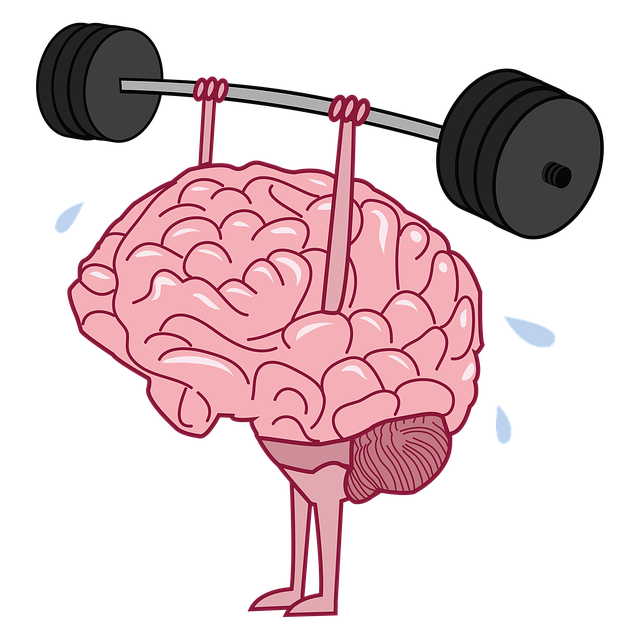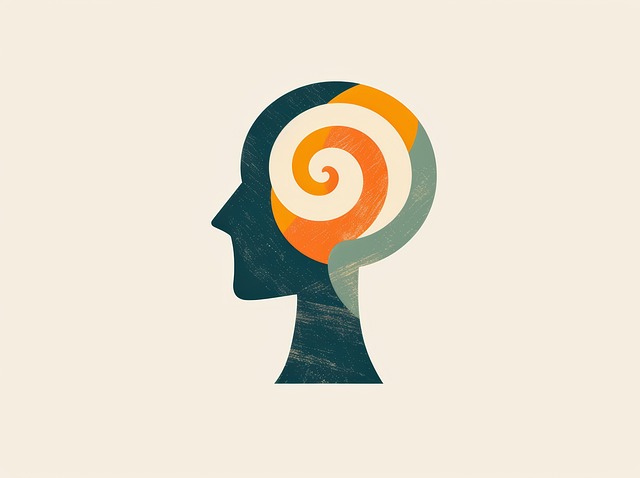In many communities, there's growing recognition of the need for specialized Therapy for Elders Trauma, often overlooked in mental health discussions. Elderly individuals face unique challenges like past abuse, recent losses, and isolation that significantly impact their quality of life. Community outreach programs focused on these issues are crucial for healing and empowerment. These programs, tailored to elders' needs, incorporate mindfulness, social skills training, and mind over matter principles to create safe spaces for trauma processing, resilience building, and community reconnection. A holistic approach, integrating self-care routine development, enhances overall well-being and fosters emotional regulation. Effective programs measure their impact through robust evaluation methods, ensuring positive changes in mental health awareness and sustainable improvements in elders' lives. Therapy for Elders Trauma is a key component, enabling these individuals to thrive within their communities.
Community outreach programs play a vital role in supporting elder trauma, offering crucial services to those often marginalized. This article delves into the essential components of designing successful initiatives, from understanding the unique needs of elderly individuals with trauma to implementing strategies that engage and reach them effectively. We explore proven methods for measuring impact and building sustainable programs, emphasizing the importance of therapy for elders’ trauma recovery. By examining these key areas, communities can foster healing and enhance well-being among older adults.
- Understanding the Need for Elder Trauma Support
- Designing Effective Community Outreach Programs
- Strategies to Engage and Reach Older Adults
- Measuring Impact and Building Sustainable Initiatives
Understanding the Need for Elder Trauma Support

In many communities, there is a growing recognition of the need for specialized support when it comes to elder trauma. Elders, often overlooked in mental health discussions, can experience various forms of trauma that significantly impact their quality of life. From past abuse or neglect to recent losses and isolation, these experiences can leave deep scars. The implementation of community outreach programs focused on therapy for elders’ trauma is, therefore, a vital step towards healing and empowerment.
Understanding the unique challenges faced by elders, such as limited access to resources and social support, is crucial. Programs that incorporate mindfulness meditation, social skills training, and mind over matter principles can offer transformative experiences. These initiatives aim to create safe spaces where elders can process their traumas, build resilience, and reconnect with their communities. By addressing the specific needs of this demographic, such outreach programs have the potential to bring about positive changes in mental health awareness and overall well-being.
Designing Effective Community Outreach Programs

Designing effective community outreach programs requires a deep understanding of the unique needs and challenges faced by the target population. When focusing on therapy for elders with trauma, it’s crucial to tailor services that address not just symptoms but also underlying causes. A holistic approach that incorporates crisis intervention guidance can provide immediate relief while fostering long-term emotional regulation.
Integrating self-care routine development for better mental health is a key strategy. By teaching and encouraging healthy habits, community outreach programs empower individuals to manage stress and adversity more effectively. This not only enhances overall well-being but also builds resilience, ensuring that participants can navigate life’s challenges with greater ease and grace.
Strategies to Engage and Reach Older Adults

Engaging older adults within community outreach programs requires tailored strategies that address their unique needs and preferences. One effective approach is to offer therapeutic services designed specifically for this demographic, such as trauma therapy for elders who may carry untold burdens from past experiences. By providing a safe and non-judgmental space, these programs can facilitate the healing process and help seniors develop inner strength.
Additionally, incorporating activities that promote mental wellness can be transformative. Simple practices like journaling exercises can encourage older adults to reflect on their lives, process emotions, and improve mood management. Guidance in these areas not only enhances their overall well-being but also fosters a sense of community and belonging among program participants.
Measuring Impact and Building Sustainable Initiatives

Measuring the impact of community outreach programs is a crucial step in understanding their effectiveness and long-term sustainability. By implementing robust evaluation methods, organizations can assess how their initiatives positively influence the lives of those they serve, especially vulnerable populations such as elders suffering from trauma. This process involves collecting quantitative data on participation rates, satisfaction levels, and behavioral changes, alongside qualitative insights through feedback and interviews. Such assessments help identify successful components and areas for improvement, ensuring resources are allocated efficiently.
Sustainable initiatives require a holistic approach that goes beyond immediate outcomes. Community outreach programs should focus on building resilience and coping skills development among participants, fostering a sense of empowerment to navigate challenges. Over time, this can lead to reduced anxiety relief and improved overall well-being. By integrating evidence-based practices and tailoring them to the specific needs of elders experiencing trauma, these programs can create lasting change, enabling individuals to thrive in their communities.
Implementing community outreach programs that provide therapy for elder trauma is a multifaceted process. By understanding the specific needs of elderly individuals, designing targeted initiatives, employing effective engagement strategies, and meticulously measuring impact, communities can create sustainable programs that significantly enhance the well-being of older adults. These efforts not only address past traumas but also foster a supportive environment, ensuring a brighter and more resilient future for our aging population.














